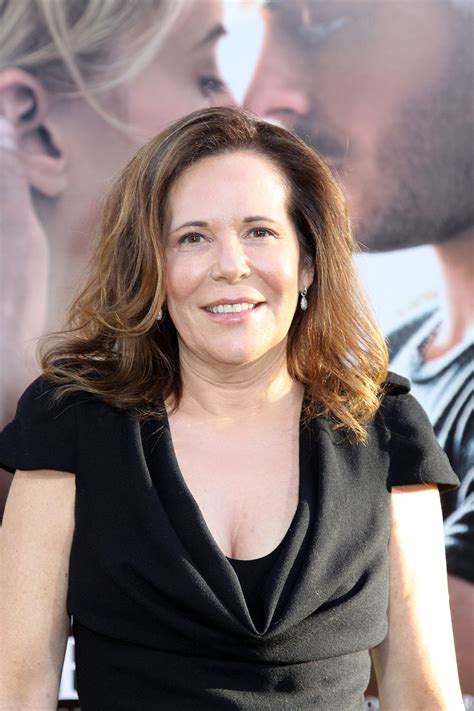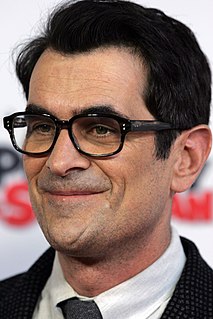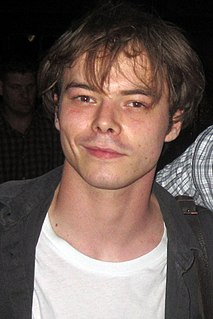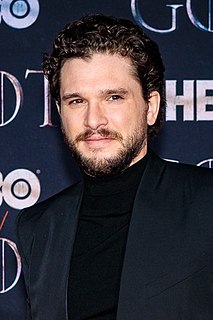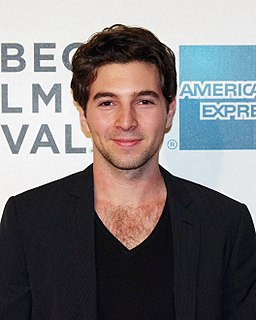A Quote by Victoria Pratt
Related Quotes
Period films to me are very often alienating to the audience. There's very often a formality. A staunchy quality to them that comes from the misenscene. It also comes from the performances of the actors, because they're acting Victorian which really means that they're just acting the way they've seen previous actors act Victorian.
There came a point sometime during high school when I started thinking about exploring acting as a career, but it was more of an intention than an actual decision. I was very interested in a lot of different subjects, but every time I envisioned myself actually pursuing one as a career, I always ended up thinking that I would rather be acting.
For my entire career, I wanted to be a director. When I was in the theater, it was very difficult to get directing jobs, and I fell into the acting by default. I got in the habit of accepting whatever came my way. Not things that I disagreed with, though. It's not like I had aspirations - well, I did have aspirations to play Hamlet, which I ended up doing.

